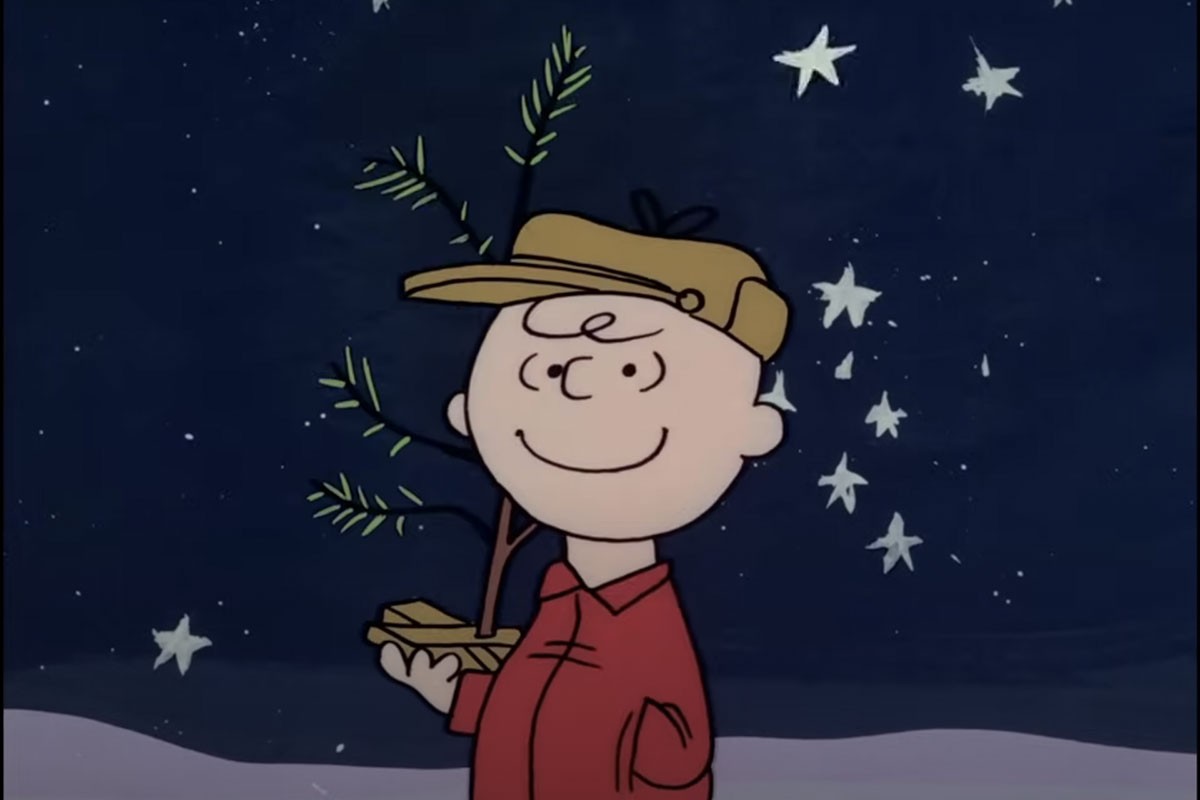
The beloved holiday classic "A Charlie Brown Christmas" faced significant hurdles before its 1965 debut, with CBS executives initially opposing many elements that would later make it iconic.
The 25-minute animated special came together through an unexpected opportunity when Coca-Cola sought to sponsor a Christmas program. Producer Lee Mendelson and "Peanuts" creator Charles Schulz had just months to develop the show from scratch.
CBS executives were deeply concerned about several creative choices. They worried the program was too slow-paced and serious for audiences, particularly with its focus on Charlie Brown's depression. The decision to use real children's voices instead of adult actors and the absence of a laugh track - standard for animated shows at the time - also raised red flags.
The inclusion of biblical content proved especially controversial. In a pivotal scene, the character Linus recites a passage from the Gospel of Luke about the nativity story. Network executives expressed serious reservations about incorporating religious elements, reflecting broader entertainment industry hesitation around faith-based content in the 1960s.
Even the jazz soundtrack by Vince Guaraldi departed radically from typical children's programming music of the era. The story itself challenged commercial aspects of the holiday, featuring Charlie Brown's choice of a small natural tree over popular aluminum alternatives.
Despite executive doubts, time constraints and pre-sold advertising meant the special had to air as planned on December 9, 1965. The risk paid off spectacularly - nearly half of American households tuned in, and the program went on to win both Emmy and Peabody awards.
The special's success transformed "Peanuts" from a popular comic strip into a multimedia phenomenon. Its enduring appeal stems from its authenticity and willingness to tackle deeper themes while remaining accessible to all audiences.
More than 50 years later, "A Charlie Brown Christmas" continues as a holiday tradition, demonstrating how its creators' determination to maintain their artistic vision - despite network resistance - resulted in a timeless classic that resonates across generations.